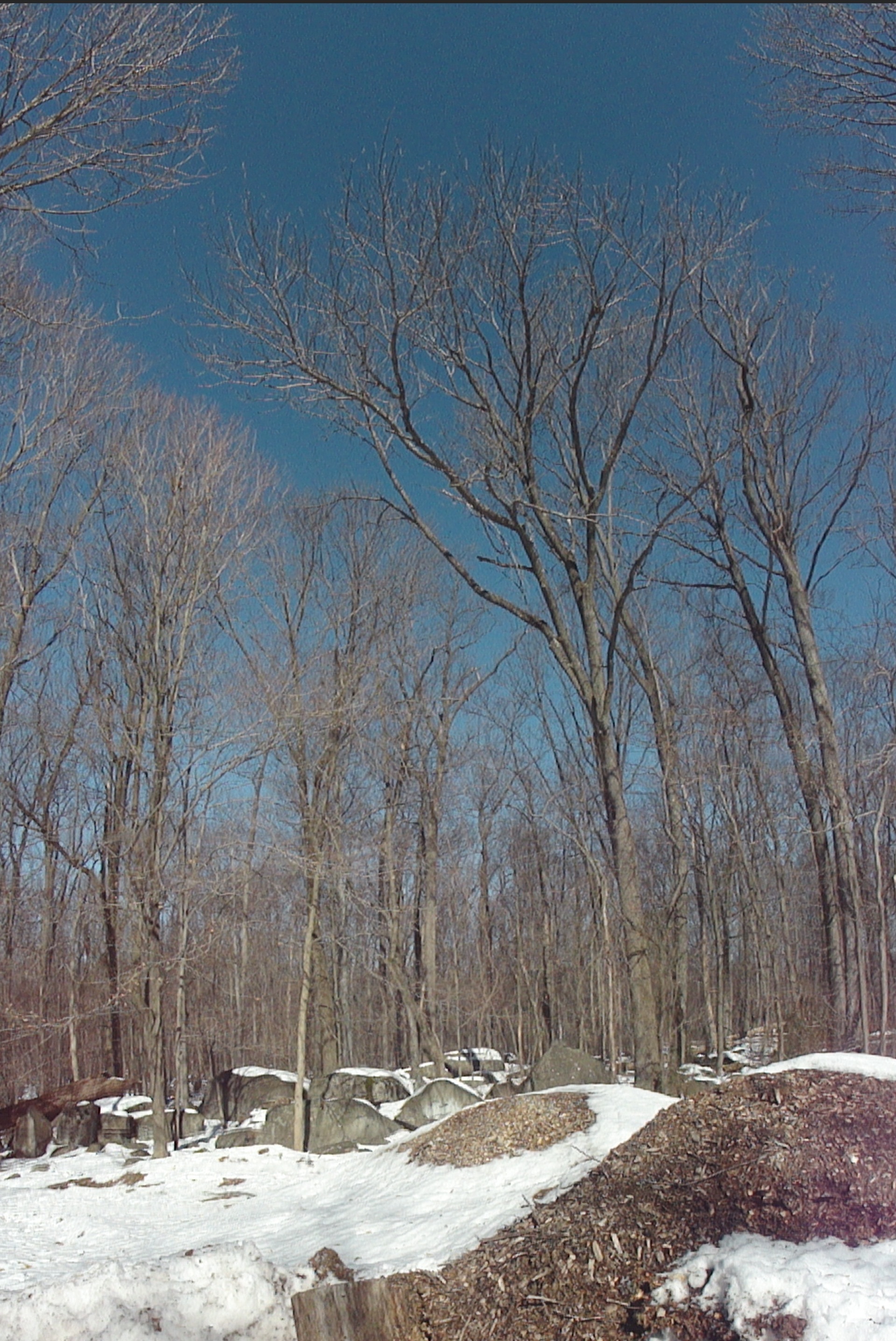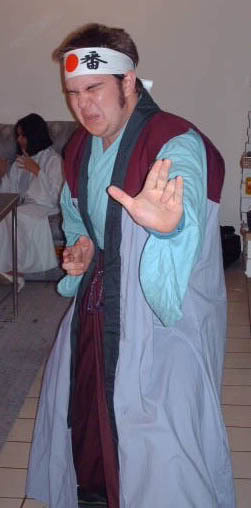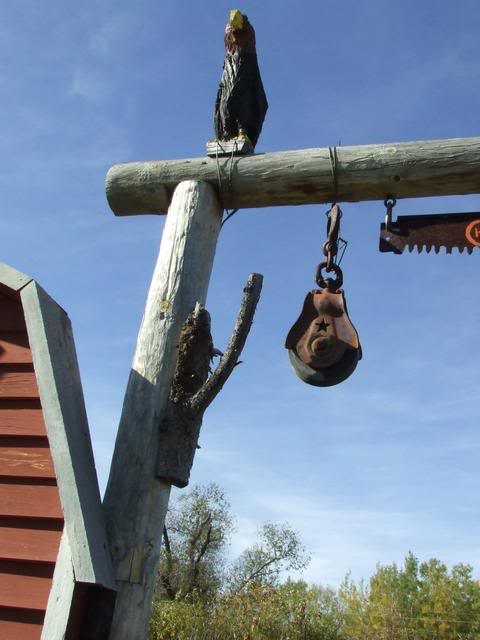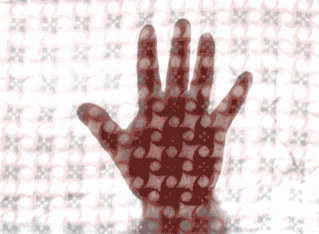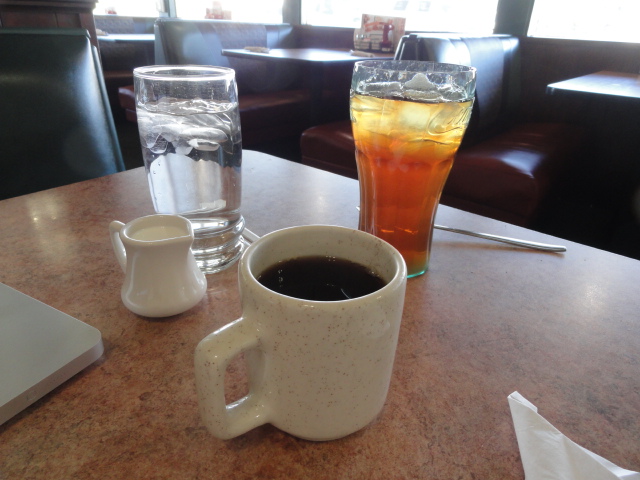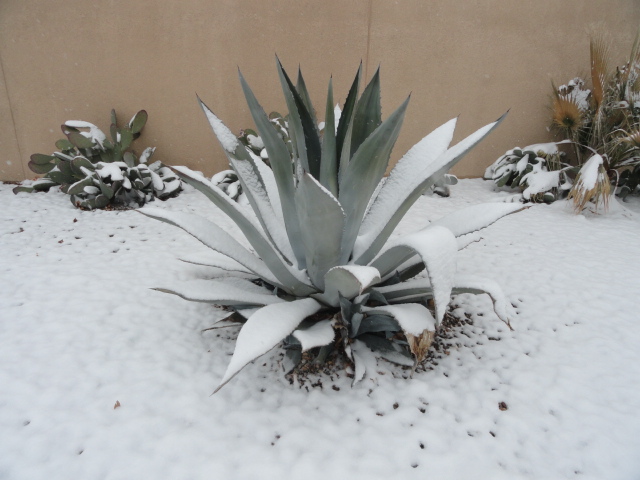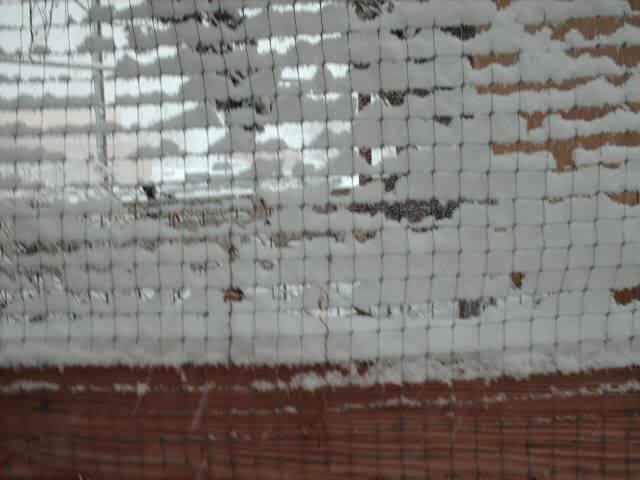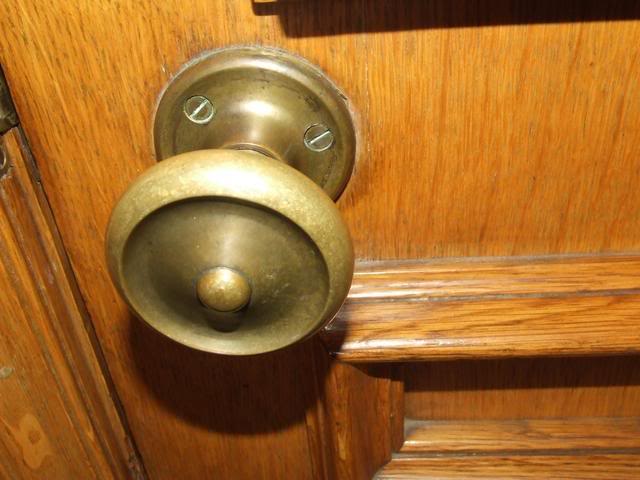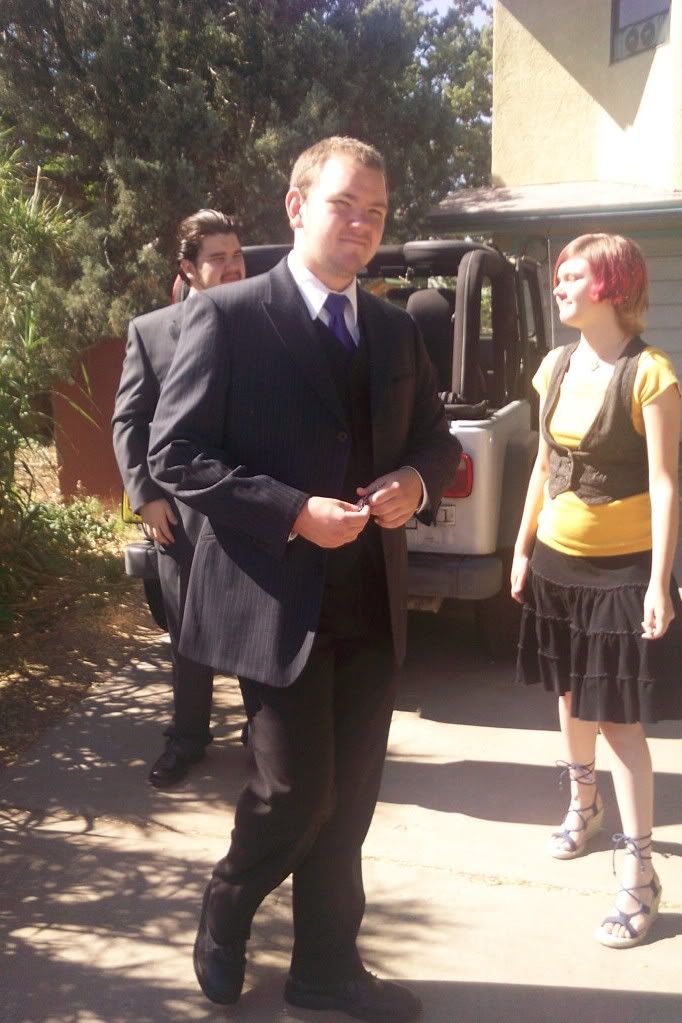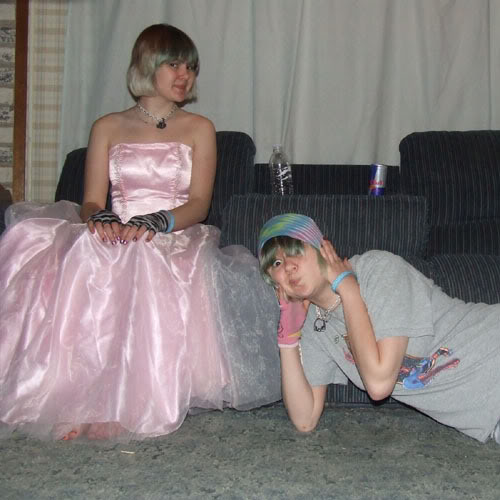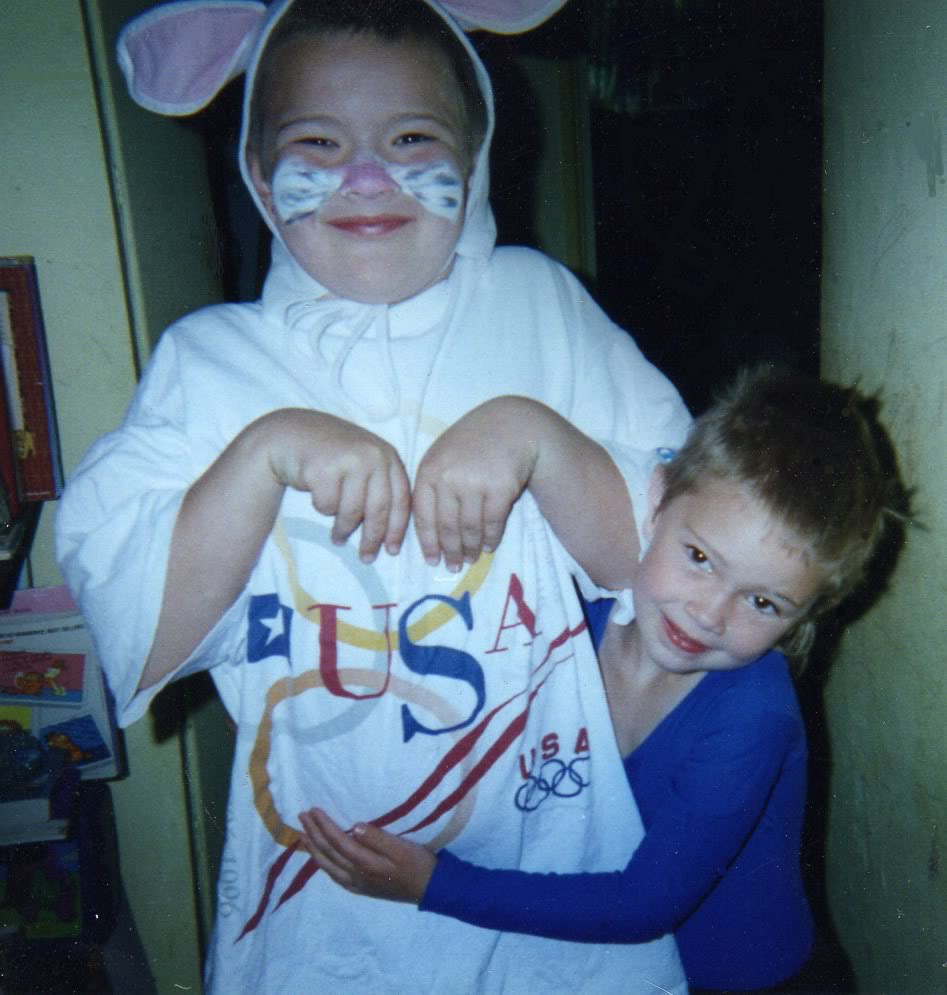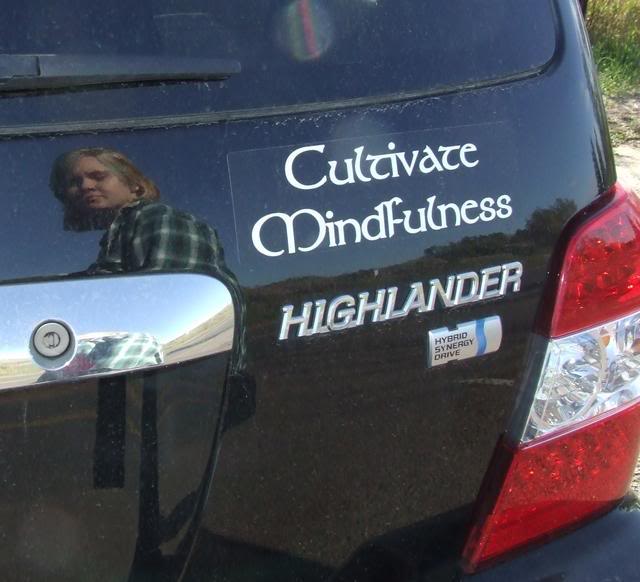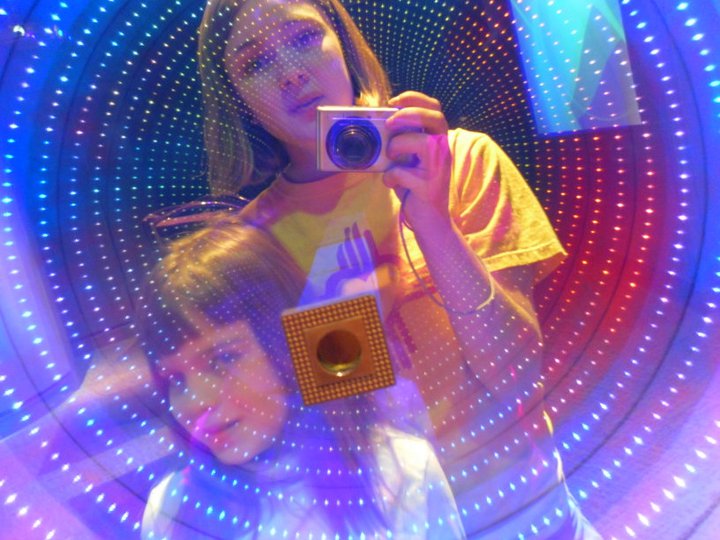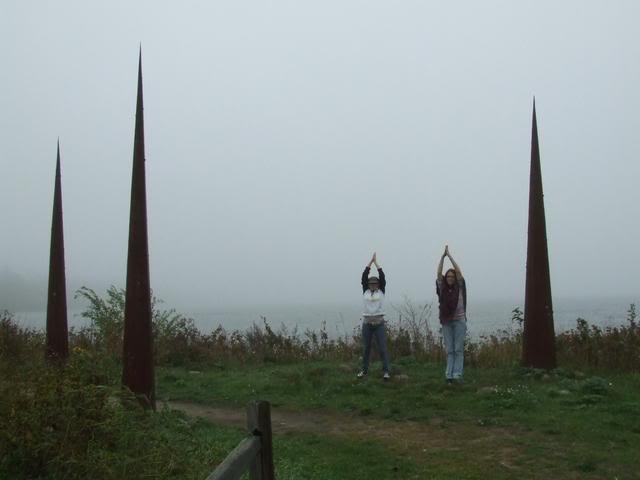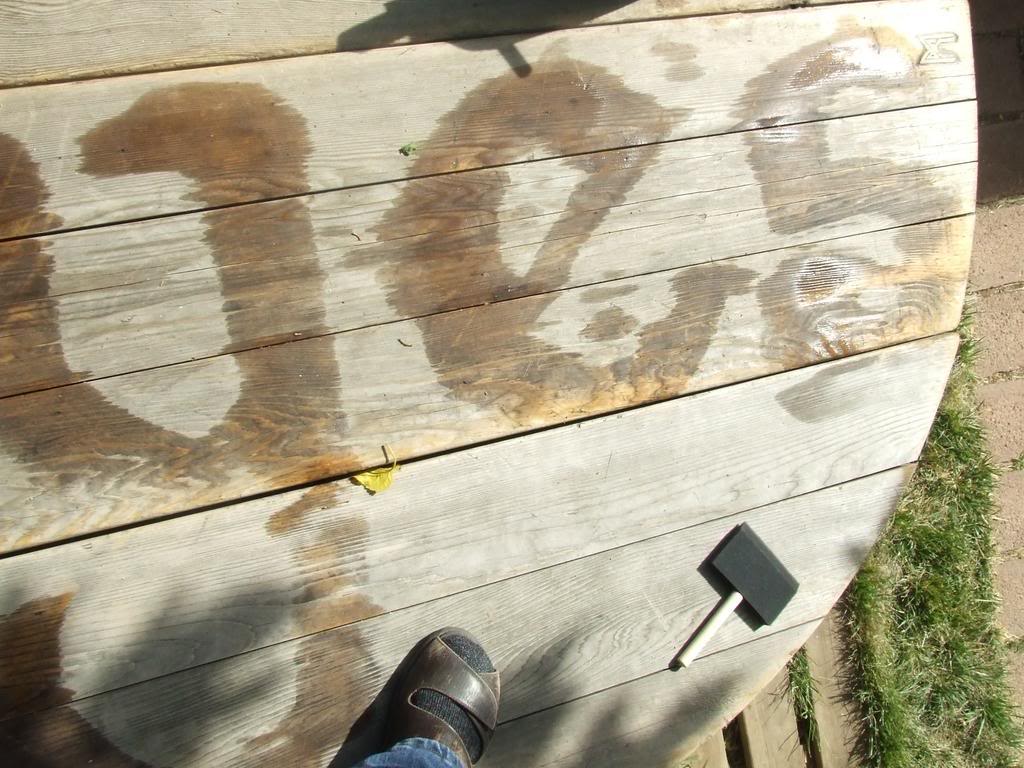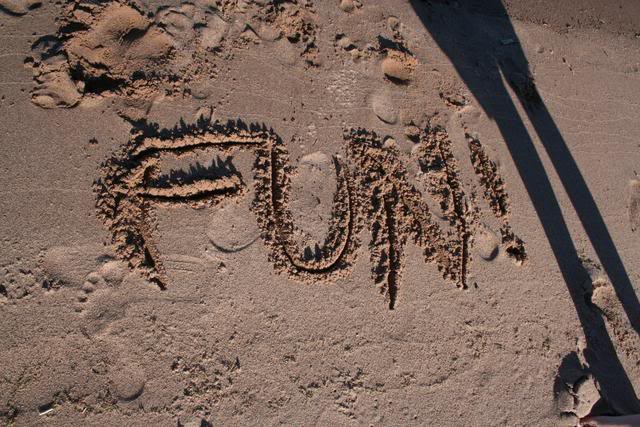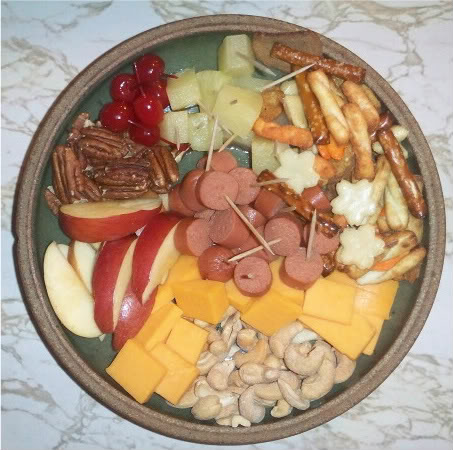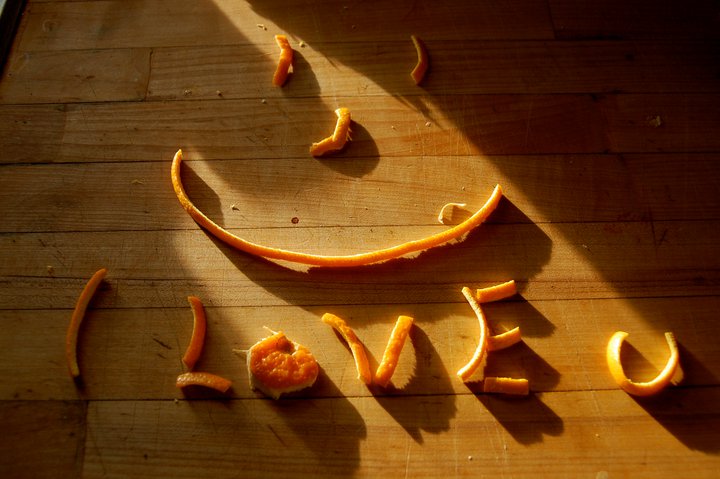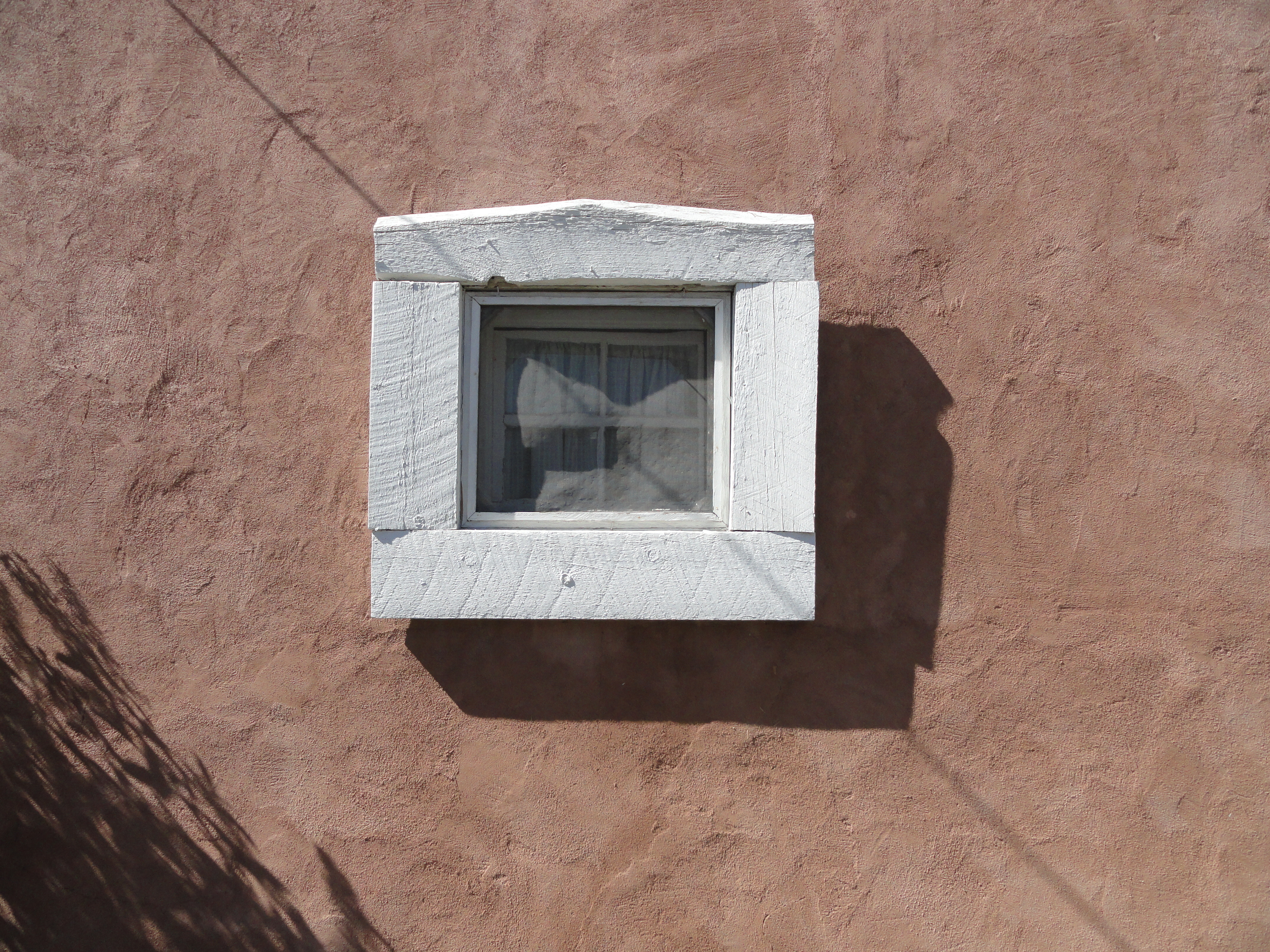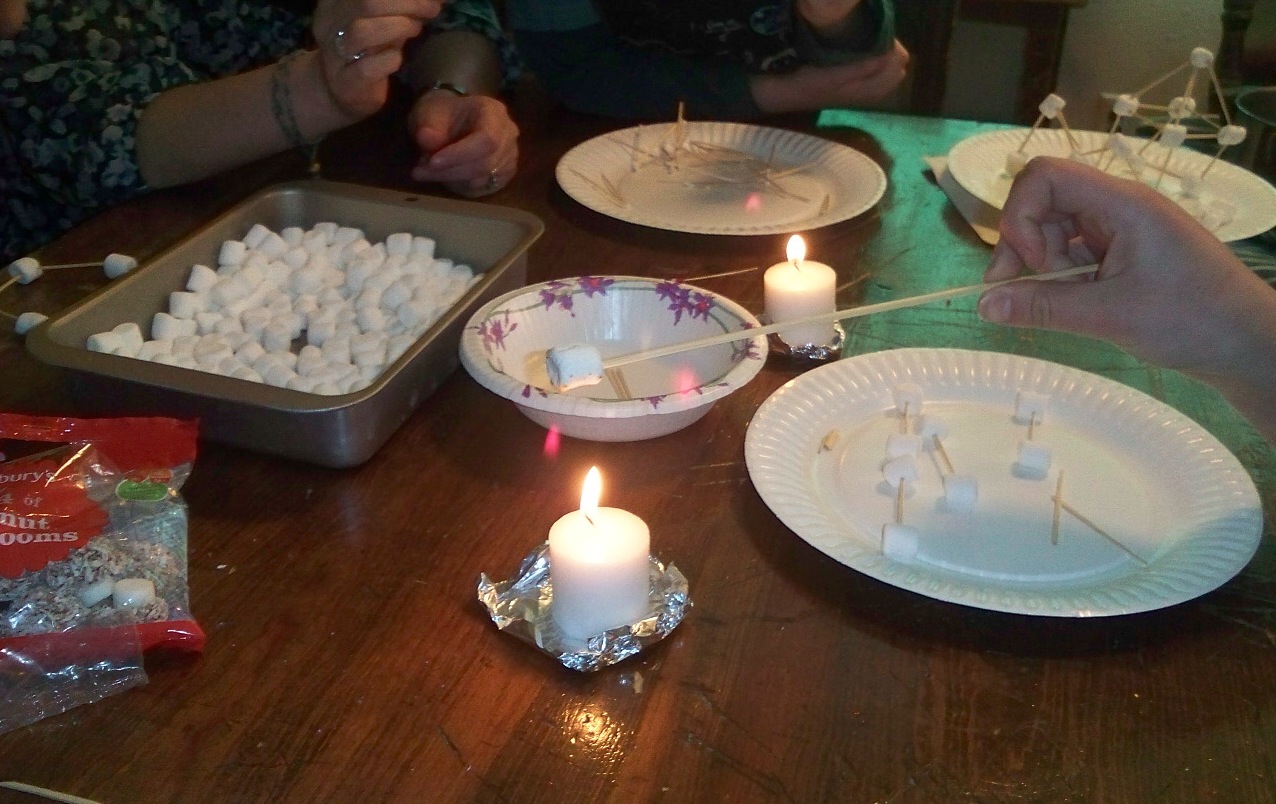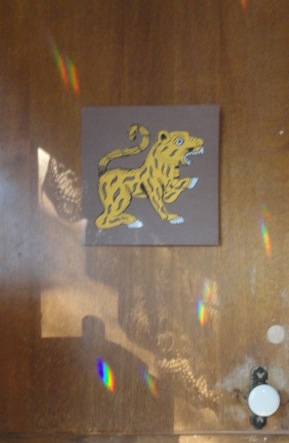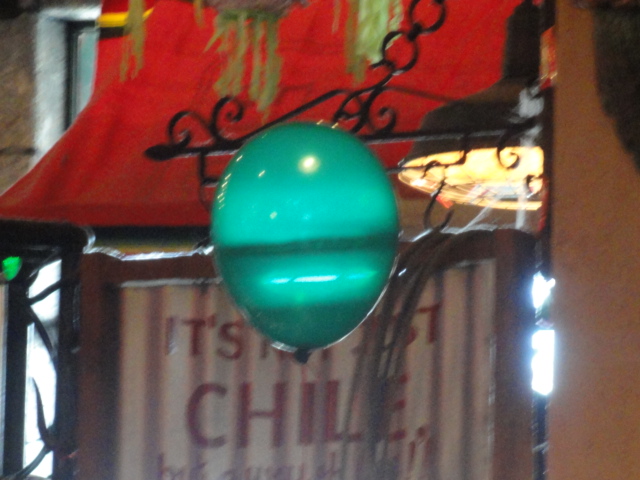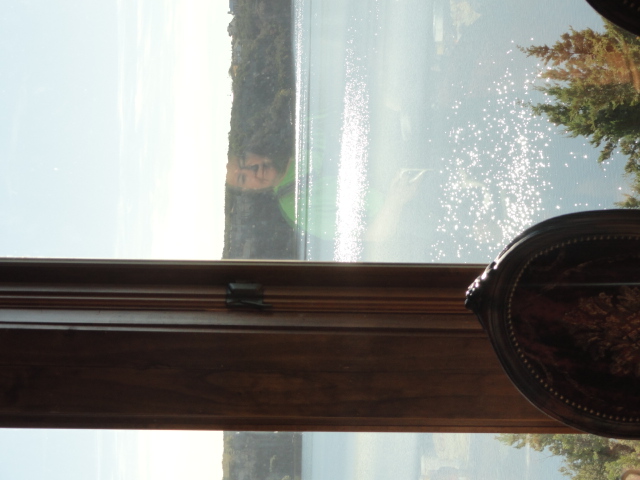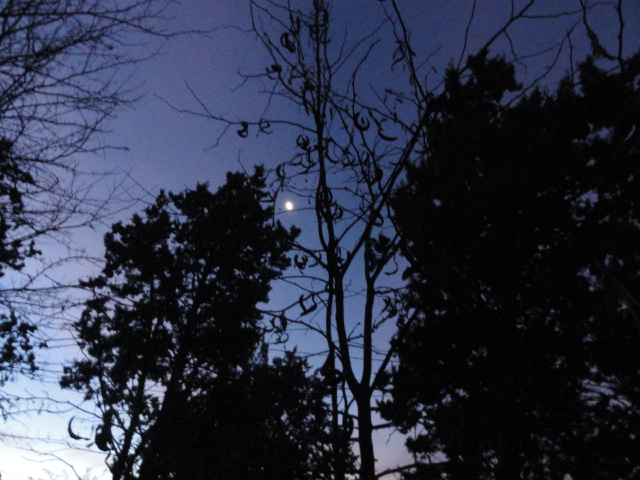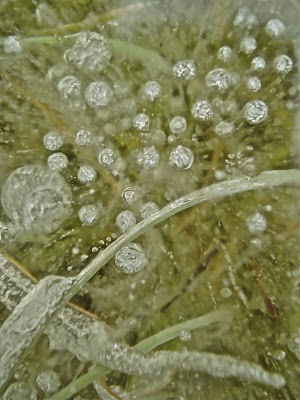In 1997, someone asked how unschooling moms stayed patient.
Other moms have told me they think I'm patient. It makes me feel guilty because I have the internal list of all the times I've blown it, but a few things have helped me.
The biggest was Adult Children of Alcoholics, an al-Anon group. I went to meetings for four years and learned a lot of calming and encouraging things. One of those is to remember what I wanted and needed as a child. Then I try to give those things to
my children. I don't mean toys or books. I mean listening, and smiling, and joking, and letting them climb on stuff even if it made me nervous, and not making such strictly-to-the-minute rules like "be back at 5:45 or else" and other arbitrary control-junk. One of the quotes/sayings from that learning-time is "How Important Is It?" and thinking that little mantra can help a ton all by itself. If we waste our energy and our relationship with our children on how they wear their socks and where they keep their toothbrush between times, there's nothing left for important things. I try to save it for important things, and I try not to be the defining judge of what's important. There are things the kids consider
very important, and I force myself (at first, until I calm myself and remind myself to
give) to pay attention to their stuff too. No
"That's nice dear" while I ignore them. When it happens, occasionally, that I've done that, I feel bad and I sometimes go back and say, "Tell me again about that game. I'm sorry. I wasn't really listening."
Next biggest influence was La Leche League. There I learned that children have within them what they need to know, and that the parent and child are a team, not adversaries. It reinforced the idea that if you are loving and gentle and patient that children
want to do what you ask them to do, and that they will come to weaning, potty training, separation from mom, and all those milestones without stress and without fear if you don't scare them or stress them! Seems kind of obvious, but our culture has 1,000 roadblocks.

From having studied meditation and Eastern religion, I learned the value of breathing. I think what it does is dissipate adrenaline. I remember in the 1960's and early 1970's it was Big News that yogis could *actually* slow their heart rates at will! WELL duh. People had been doing it in church (those who cared to actually "be still and know") for hundreds of years, but nobody thought to wire up contemplative Christians.
When people (parents or kids) are agitated and are thinking for a moment that something has to happen JUST THIS WAY and RIGHT NOW, breathing helps. Deep breathing, slow, and full-as-possible exhalation. This is, in Western terms, "count to ten." Calm down and let the adrenaline go. Some people have biochemistry that's not easy to control, and some people count too fast.
SandraDodd.com/parentingpeacefully
(read aloud as an intro, in the recording at the bottom of the page)
photo by Sandra Dodd of the neighbor's tree seen through an
inch-thick piece of ice from a bucket of water on a cold day
__


